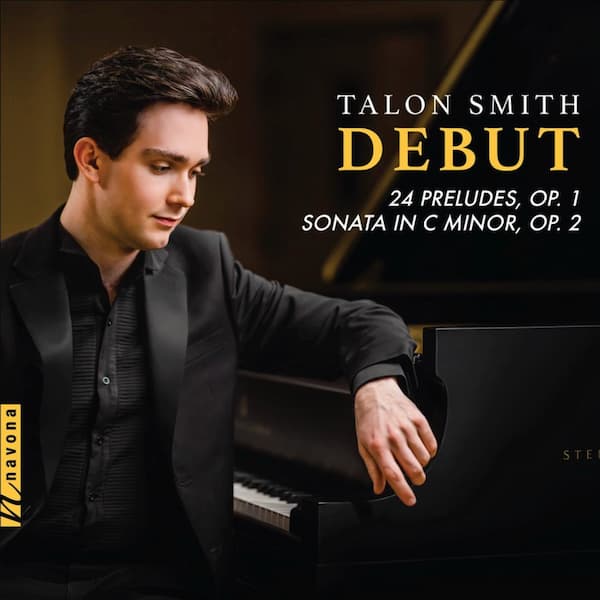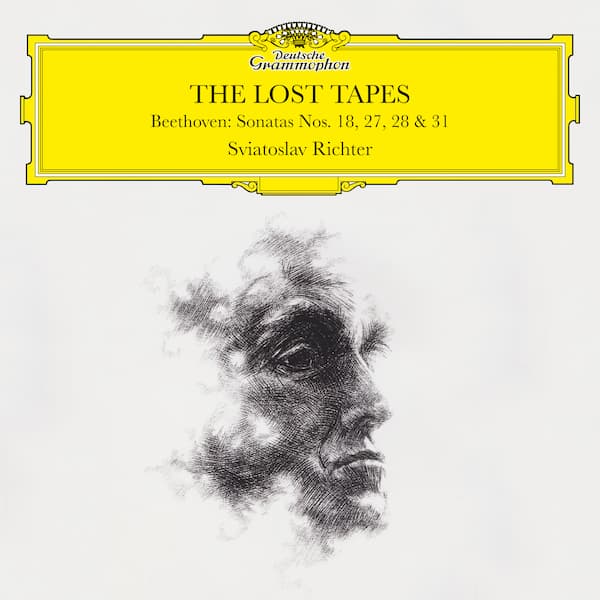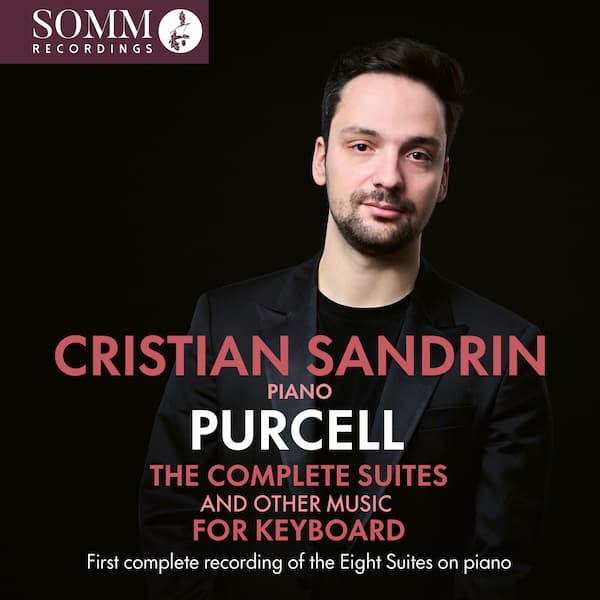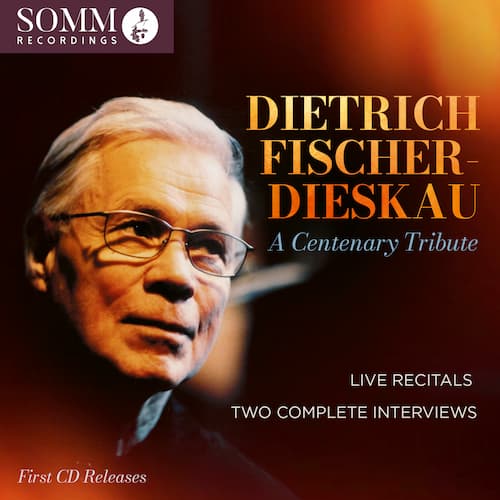Canadian pianist and conductor Claudia Chan decided early on that contemporary music was what interested her. Through traditional music training, she’s learned the usual – Beethoven, Liszt, and Chopin – but in her adventures in contemporary music, she’s learned how to work with living composers who don’t regard their music as permanently fixed, but as permitting new ideas, new orders, and new interpretations.
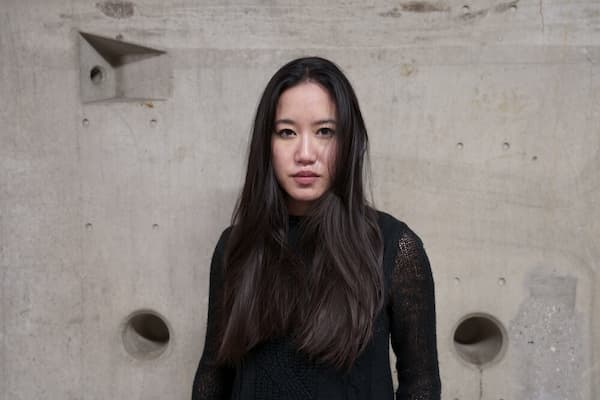
Claudia Chan (Photo by Younggou Chang)
Ms. Chan’s latest solo recording, on b.records, is entitled Toccare. As befits its Italian title, the recording contains works by six Italian composers, ranging from Gian Francesco Malipiero (1882–1973), Sylvano Bussotti (1931–2021), and Salvatore Sciarrino (b. 1947) to the younger Francesco Filidei (b. 1973), Simone Cardini (b. 1986), and Giulia Lorusso (b. 1990).
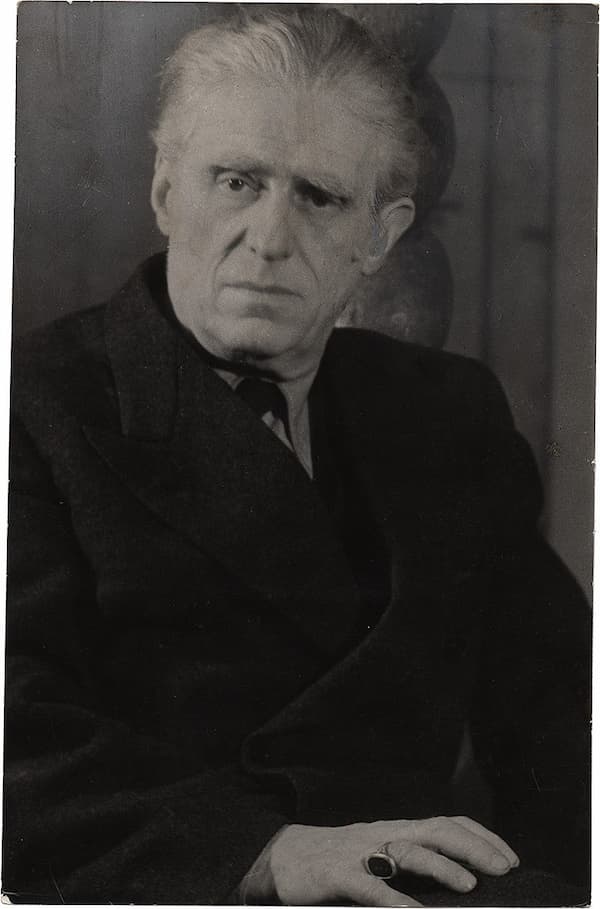
Gian Francesco Malipiero

Sylvano Bussotti
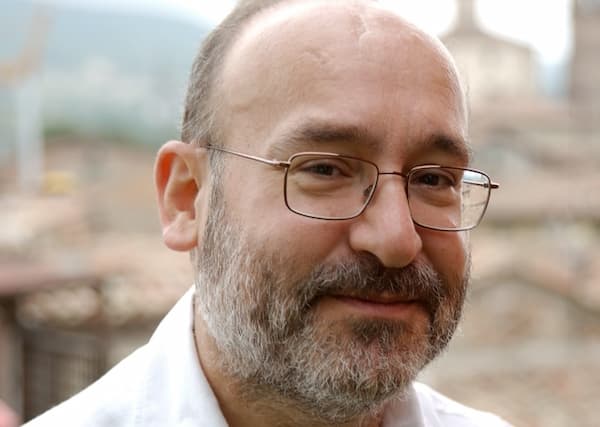
Salvatore Sciarrino
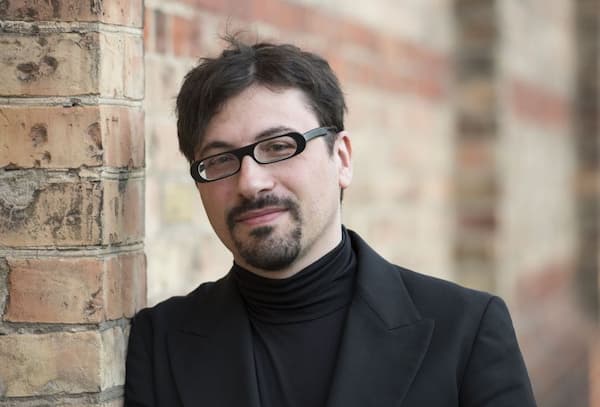
Francesco Filidei

Simone Cardini
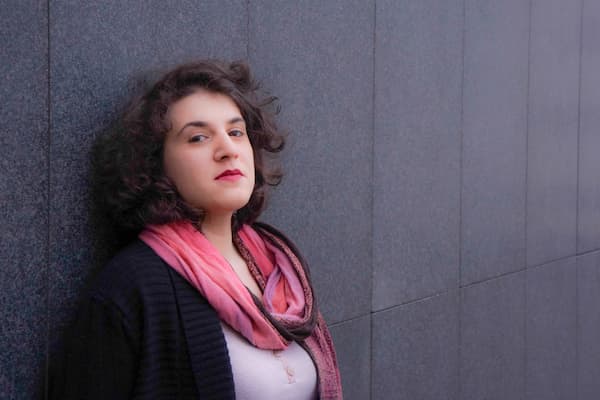
Giula Lorusso
The works all show the individual style of the Italian school. This isn’t part of the German style of music through motivic development, this is about temporal development. It’s also about experimentation. The works by the older composers, Malipiero and Bussotti, have a brightness that is missing from the music we know from the Germanic style. When we start to look at the music from the living composers, we must, as Ms. Chan says, ‘bring the music to life’.
The three works of Francesco Filidei are the centrepiece of this recording, and in working with the composer, Ms Chan was faced with works that had been written decades before and never performed or recorded. The composer’s ideas had changed, and after a concentrated effort of many hours to learn the piece as it was written, next came the challenge of learning the piece as the composer now wanted it to be. Sections were moved, relationships between sections were changed, and so a new version of an older work was created. Ms. Chan said with a laugh, that her scores were VERY marked up.
That’s how the music is brought to life – through its practice and its performance. In some works by Filidei, such as Preludio and the Suite, which have an unusual sound, it was also necessary to learn a choreography for Although the works sound like they’re played on the inside of the piano, they actually are played on the keys, ‘not by depressing them, but by touching them in different ways, with different parts of the hand’, as she noted. Ms Chan confided that when she practised the work, she wore gloves to protect her fingers. For the recording and live performances, though, the gloves come off.
Francesco Filidei: Suite – III. Garibaldi’s Little Rock
This need for compositional change should not be regarded as a weakness in the work, says Ms Chan, but a strength – proof that the music is a living thing. Once it’s brought to life, it can then be brought to perfection.
Ms Chan said that one of the most difficult pieces to learn was Sciarrino’s Sonata per Pianoforte No. 2, written between 1979 and 1983. It works at opposite ends of the piano and uses disjunct musical ideas that will go on to influence the music of his student, Francesco Filidei. Two concurrent ideas, like two universes, cross and counter-cross in the music and form their own logic – although there isn’t really a point at which they completely meet.
Salvatore Sciarrino: Sonata per pianoforte No. 2
Giulia Lorusso’s Kemò-vad, for prepared piano, seems to return us to an earlier time, starting with Cage’s prepared piano works that started in 1940. Yet, this isn’t Cage’s world – this is a modern prepared piano, where the composer worked with the performer to determine the final sounds. Ms Chan is the second performer of this work, and the composer complimented her in approving the choices she’d made for the performance, making it a very different work in spirit than the first performance.
Ms Chan’s four years of residence at Royaumont as an Artist-in-Residence gave her a way to connect with all the performing arts. Composers, choreographers, and writers come together at Royaumont, and as a performer, she could learn from all of these artists. She met Francesco Filidei there – she had known his music for many years but had never met him – and started her interaction with someone who would be so essential for this album.
After the launch of the album, she will be performing concerts to promote the album in France, Germany, and Italy, as well as conducting contemporary programmes and rounding out her performance activities with chamber recitals in major festivals around Europe this coming season. The work to bring this single album together has been the work of many years, particularly as so much work was done with the individual composers. So much of the music on this recording is a revelation of the world of Italian piano composition in the 20th and 21st centuries.
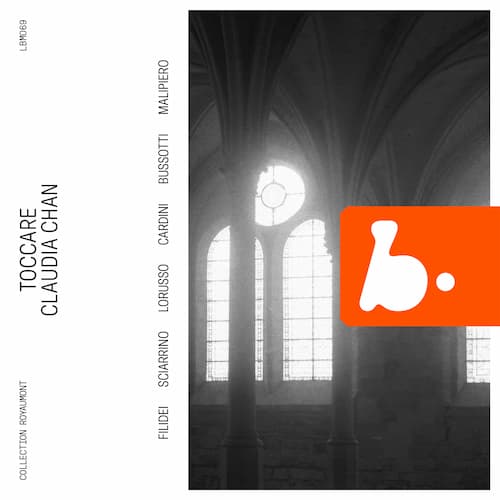
Claudia Chan: Toccare
B.Records LBM 069
Release date: 18 October 2024
For more of the best in classical music, sign up for our E-Newsletter

